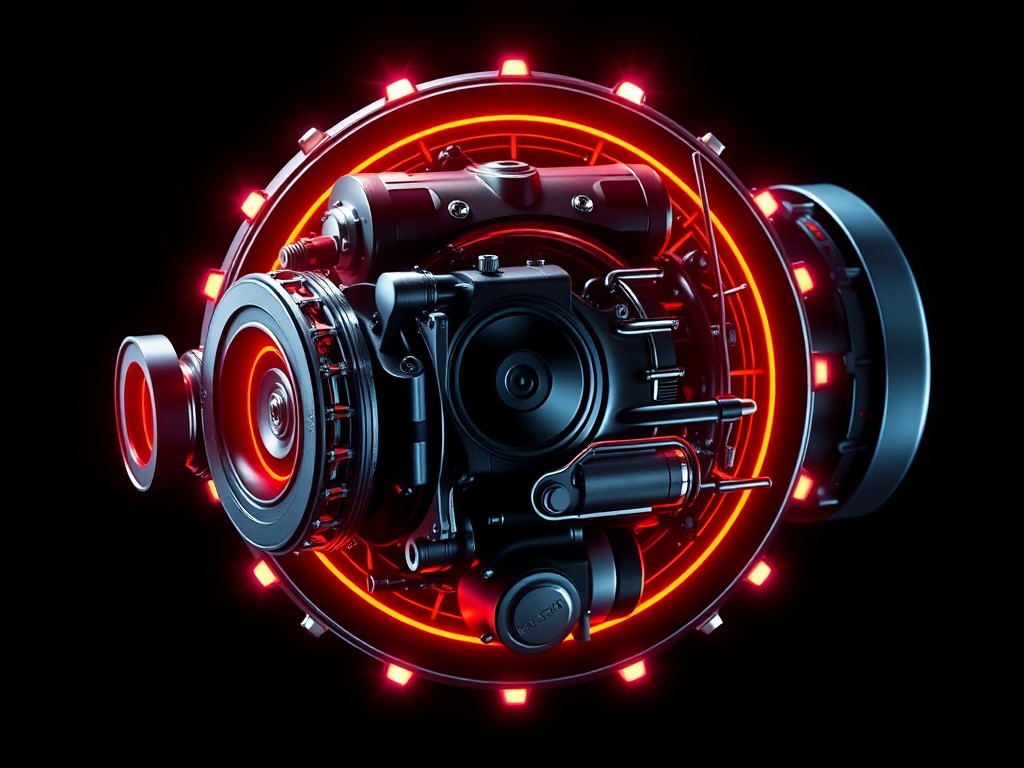Insurance is a crucial safeguard against potential risks, especially for car owners. But with the myriad of insurance products available, it can be challenging to determine the best coverage for your specific needs. Notably, car insurance typically falls into two main categories: third party and comprehensive. Each caters to different scenarios, presenting different levels of coverage. Hence, understanding these two types of insurance is critical in helping you make an informed decision.
What is Third-Party Car Insurance?
Third-party car insurance is the most basic form of car insurance that you can get for your vehicle. It is the minimum level of coverage that is legally required in many jurisdictions. This type of insurance policy is primarily designed to cover the costs of any damages that your vehicle might cause to other people’s property, including their vehicles.
Also read : How do you check and replace the fluids in your car?
Third-party car insurance does not provide coverage for damages to your vehicle. However, it can protect you from significant financial loss if you are held responsible for damages or injury to another person or their property. It’s the essential financial protection you need while operating a vehicle on the road.
What does Third Party Insurance Cover?
Third-party insurance covers the cost of any damages or injuries that your vehicle may cause to others. This includes both property damage and personal injury. For instance, if you’re involved in a traffic accident where another vehicle is damaged, or a pedestrian is injured, your third-party insurance would cover the costs incurred.
This might interest you : What are the rules for using dash cams in UK vehicles?
It’s important to note, however, that third-party car insurance does not cover any damages to your own vehicle. If your car is damaged in an accident that you cause, or you suffer any injuries, you would be responsible for covering these costs yourself.
Furthermore, third-party insurance does not provide cover for theft or damage caused by fire. If your car is stolen, or damaged in a fire, you would not be able to make a claim under a third-party insurance policy.
What is Comprehensive Car Insurance?
Comprehensive car insurance, as the name suggests, offers a far more extensive level of coverage than third-party insurance. It is designed to provide you with the ultimate peace of mind, covering a range of potential risks that you and your vehicle may face.
While comprehensive insurance also covers the cost of damages to third-party property, it further includes coverage for damages to your own vehicle. This means if your car is damaged in an accident, regardless of who is at fault, your insurer will provide financial assistance to repair or replace your vehicle.
What does Comprehensive Insurance Cover?
Comprehensive car insurance offers wide-ranging protection against a number of potential risks. It covers damages to your vehicle, whether they’re caused by a traffic accident, theft, fire, vandalism, or natural disasters such as floods and storms. If your car is damaged beyond repair, comprehensive insurance will often cover the cost of a new vehicle.
Should your vehicle be stolen, comprehensive cover will provide financial assistance to help you replace it. This is a significant benefit, particularly for owners of high-value cars, where the financial loss could be substantial.
Additionally, comprehensive insurance typically includes coverage for personal injury. If you’re injured in a car accident, your insurer will cover your medical bills, regardless of who was at fault for the accident. This additional coverage can be a vital lifeline, especially in the event of severe injury.
Furthermore, comprehensive car insurance plans often include added extras, such as roadside assistance. This means if your car breaks down, your insurer will arrange for help to get you back on the road.
Choosing Between Third Party and Comprehensive Car Insurance
The choice between third party and comprehensive car insurance largely depends on your specific needs and circumstances. It’s important to closely consider these factors before making a decision.
If you own a relatively low-value car and are confident you could cover the cost of repairs or replacement yourself, third-party insurance may be a cost-effective choice. It’s a basic, affordable option that fulfills your legal obligation, while providing coverage for third-party damages.
On the other hand, comprehensive car insurance is a smart choice if you want the highest level of protection available. It’s particularly recommended for high-value cars, where the cost of repairs or replacement could be substantial. Comprehensive cover also provides peace of mind for those who regularly drive in challenging conditions, or in areas with high rates of vehicle theft or vandalism.
Additional Benefits of Comprehensive Car Insurance
Beyond the basic coverage for damages caused to your vehicle and third-party property, comprehensive car insurance can offer a range of additional benefits that enhance your protection. These benefits, often referred to as add-ons, can significantly increase the value of your policy.
Comprehensive car insurance often includes extras like personal accident cover, which provides a lump-sum payout if you’re seriously injured or die in a car accident. This benefit can offer valuable financial support to you or your family during a difficult time.
Some policies also offer no-claims bonus protection. This means that if you make a claim on your insurance, your premiums won’t increase as a result. Given that insurance premiums can often rise significantly after a claim, this can be a useful feature.
Additionally, comprehensive insurance often includes a courtesy car provision. This means that if your vehicle is being repaired after an accident, your insurer will provide you with a temporary replacement car to use. This can be hugely beneficial, helping to minimise disruption to your daily life.
Finally, many comprehensive car insurance policies provide cover for legal costs. If you’re involved in a legal dispute relating to a car accident, your insurer could cover your legal fees. This can be a major advantage, removing the financial burden of potential legal disputes.
Conclusion: Third-Party vs Comprehensive Car Insurance
In conclusion, both third-party and comprehensive car insurance policies serve crucial roles in protecting you from financial loss. Your choice between the two will largely depend on your specific needs, circumstances, and budget.
Third-party car insurance, being the minimal level of coverage, is a great option if you’re seeking an affordable policy that covers your legal obligation for third-party liabilities. However, it’s worth noting that this type of insurance won’t cover damages caused to your own vehicle.
On the other side, comprehensive car insurance offers the highest level of protection. It covers not only your vehicle but also a range of potential risks and even offers extras like legal fee coverage, personal accident cover, and more. While this policy comes at a higher cost, it can provide significant peace of mind, particularly for owners of high-value vehicles or those who frequently drive in challenging conditions.
Whichever policy you choose, it’s essential to carefully read the terms and understand exactly what’s covered before committing to a vehicle insurance plan. Shop around, compare different policies, and make an informed decision that best suits your needs. After all, car insurance is not just about fulfilling a legal requirement – it’s about protecting your financial health.











